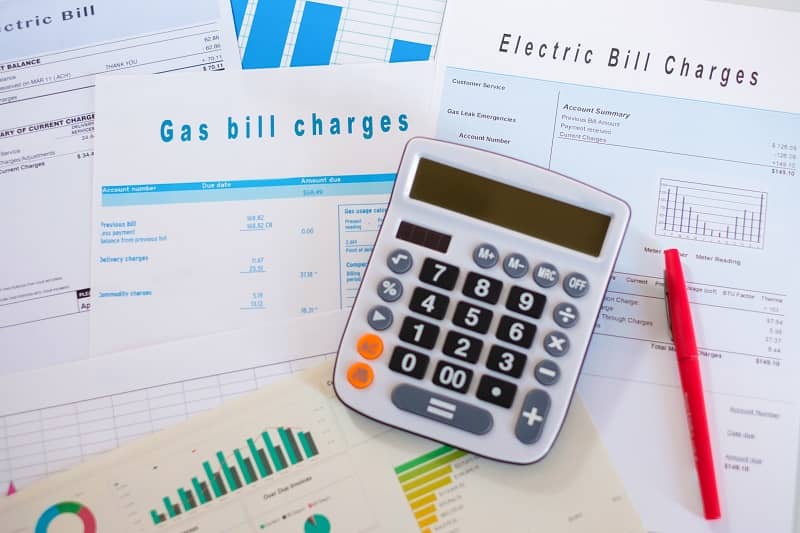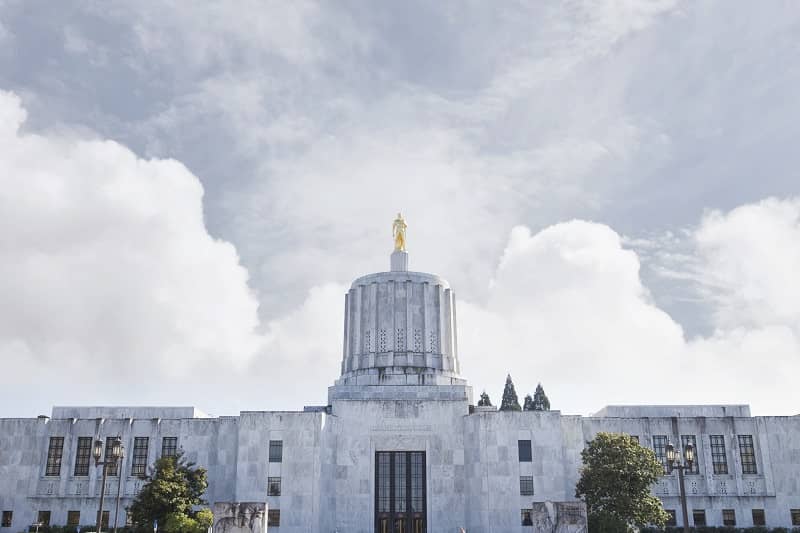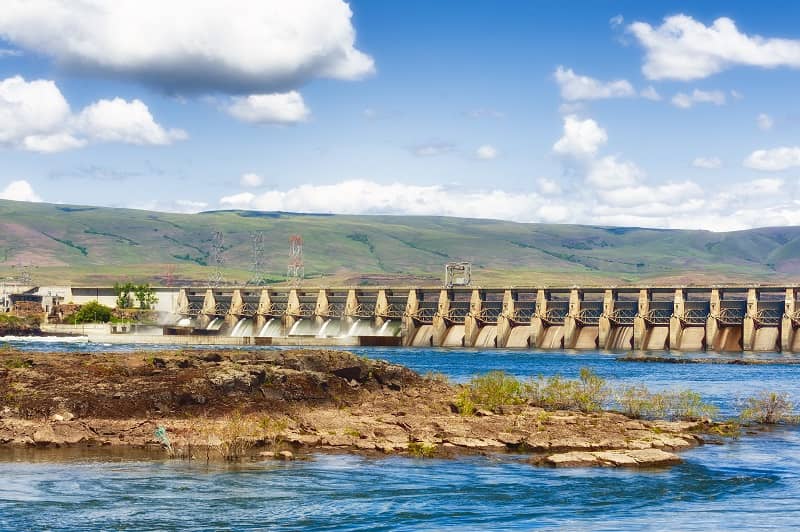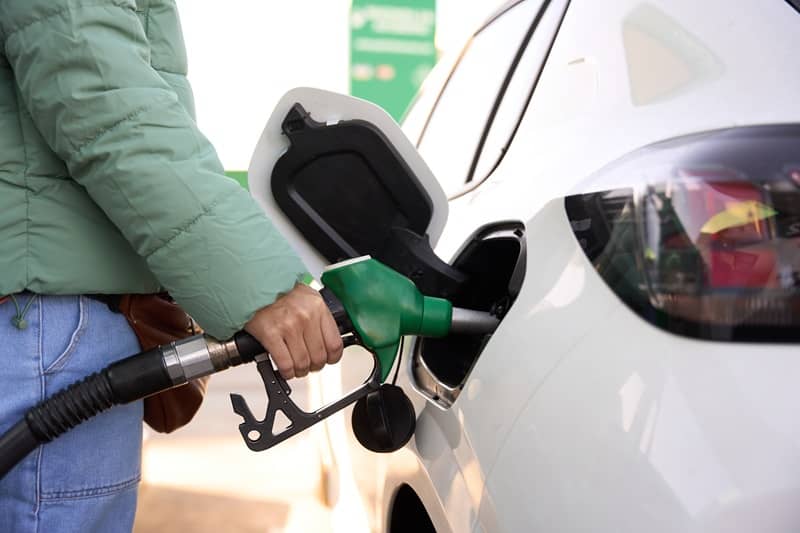By Gordon J. Fulks, Ph.D.
“Quem deus vult perdere, dementat prius ― Whom the gods would destroy, they first make insane.”
Germany’s precipitous decision to shut down eight nuclear power plants last March and the remainder by 2022 is curious coming from a German chancellor with a doctorate in physics. Under pressure from Greens who exploit scientific illiteracy and promote fears they find useful, Chancellor Angela Merkel has become a pure politician. Nuclear power evokes many fears in Germany. As in the English-speaking world, irrational perceptions about technical matters from nuclear energy to alternate energy to global warming transcend all reason.
The German political situation started to melt down after the most powerful earthquake and tsunami in modern times struck Japan in March: More than 24,000 people lost their lives, and the Japanese nuclear power installation at Fukushima made ominous headlines for weeks. With reports of radiation leaking from three reactors and large evacuations of the local population, European Energy Commissioner Gunther Oettinger of Germany declared the nuclear incident to be an “apocalypse.” Three reactors out of 11 in the Fukushima area were destroyed, resulting in large economic losses and a long, complex cleanup. But the widespread devastation elsewhere was the real tragedy.
Of the huge death toll, not a single death was attributed to nuclear radiation. Two workers at Fukushima died from drowning and one from a heart attack. Although two other workers received non-life-threatening radiation burns from standing in highly radioactive water, no one died from radiation sickness. The large amount of dangerous iodine-131 initially released has largely decayed away.
Long-term effects attributable to radiation exposure should be minimal, even among those workers who received the largest doses as long as established procedures to limit total exposure were followed. In the far worse Soviet Chernobyl accident in 1986, where the reactor burned and workers were unprotected, 57 died from direct effects and 500 in the local population from telltale thyroid cancer. But the vast majority of the population escaped unharmed.
The rational response to major industrial accidents is to carefully understand what went wrong and make improvements to existing procedures and infrastructure to minimize the chance of a recurrence. Because Germany uses far better reactor designs than the Soviets had and experiences few giant earthquakes and tsunamis like those in Japan, these disasters are not particularly pertinent to them. Moving toward more wind and solar power was the politically expedient decision for Merkel, but it has huge practical and environmental drawbacks. Because windmills and solar arrays produce very erratic electricity, backup from new turbine power plants burning natural gas is necessary. Leaving conventional steam plants running as “spinning reserve” is hugely wasteful.
That raises the inconvenient question: Why not just build advanced and highly efficient gas turbines and forget about expensive alternate energy? Wind and solar installations typically fail in 20 years, just as they have paid back the energy and cost of their construction. In other words, they produce little net energy, making them very inefficient. Their erratic nature also means that they reduce the reliability of the grid.
Germans are likely to get the additional natural gas they will need from their present supplier, Russia. Why? Because Germany also has a phobia about the shale-gas revolution that is sweeping the rest of the world. Germany has meager gas reserves, but friendly neighbors like France and Poland now have huge reserves.
If Germans want to avoid shipping the remainder of their industry to China and shivering in the dark when the sun is not shining and the wind is not blowing, they will have to choose between viable sources of electricity: nuclear, natural gas and coal. The smart move for Merkel would be to get full value out of Germany’s existing nuclear power plants during their design life and then consider environmentally friendly gas turbine replacements.
Although nuclear power has many advantages and new reactor designs coming from places like Oregon State University show great promise, natural gas appears to be the most competitive solution for advanced industrialized societies needing clean, reliable power in coming decades. Is Germany still capable of making rational decisions? Very recent news suggests that they may restart one nuclear reactor to avoid power shortages this winter. They are also talking about using millions of euros from a fund for promoting alternate energy to encourage new coal and natural gas power plants. These are steps back from the abyss.
Gordon J. Fulks holds a doctorate in physics from the University of Chicago, Laboratory for Astrophysics and Space Research. He is an Academic Advisor at Cascade Policy Institute in Portland and lives in Corbett.











